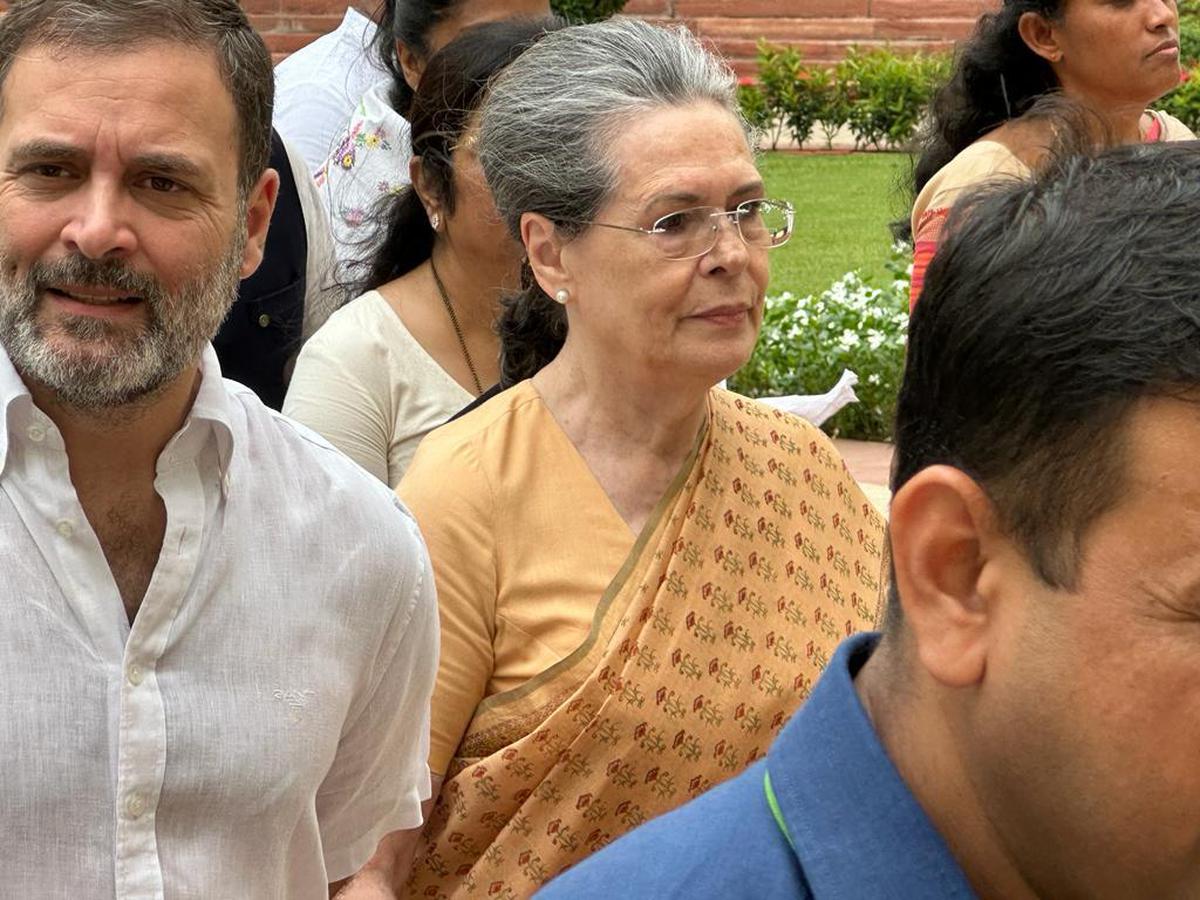In a significant turn of events, Rahul Gandhi, a prominent leader in Indian politics, is set to initiate a no-confidence motion debate against the Modi government in the Lok Sabha today. This move has ignited anticipation and curiosity across the nation, as it underscores the critical issues and dynamics at play in the Indian political landscape. In this blog post, we delve into the implications of this debate, its potential outcomes, and its significance for both the ruling party and the opposition.
Setting the Stage for Debate:
The no-confidence motion is a parliamentary procedure that allows members of the Lok Sabha, the lower house of India's parliament, to express their lack of confidence in the ruling government. Rahul Gandhi's decision to initiate this debate indicates a significant shift in the political discourse and presents an opportunity for a comprehensive discussion on various matters concerning the nation's governance.
Key Issues to Be Addressed:
As the debate unfolds, several critical issues are likely to take center stage. These may include the handling of the COVID-19 pandemic, economic recovery strategies, social welfare policies, foreign relations, and more. The no-confidence motion debate provides a platform for both the ruling party and the opposition to present their arguments, defend their positions, and engage in a thorough scrutiny of the government's policies and performance.
Implications for the Ruling Party:
For the Modi government, the upcoming debate is a test of its ability to withstand criticism and provide convincing responses to the concerns raised by the opposition. The government's response to the no-confidence motion will be closely watched not only by the Lok Sabha members but also by the entire nation. It presents an opportunity for the ruling party to showcase its achievements, address shortcomings, and communicate its vision for the country's future.
Opportunities for the Opposition:
The no-confidence motion debate offers the opposition a platform to voice its dissent and challenge the government's actions and policies. Rahul Gandhi's role as the initiator of this debate puts him at the forefront of the opposition's efforts to hold the government accountable. It is also a chance for opposition parties to come together, unify their stance, and present a cohesive critique of the government's performance.
Possible Outcomes and Future Implications:
While the outcome of the no-confidence motion debate remains uncertain, its repercussions could be far-reaching. A successful passage of the motion would result in the government's resignation, leading to the formation of a new government or the calling of general elections. On the other hand, if the motion fails, the ruling party could emerge stronger, showcasing its ability to maintain the support of the majority in the Lok Sabha.
Conclusion:
Rahul Gandhi's decision to initiate a no-confidence motion debate against the Modi government marks a pivotal moment in Indian politics. This parliamentary procedure provides a platform for a thorough evaluation of the government's policies and actions, allowing both the ruling party and the opposition to present their perspectives. As the nation eagerly awaits the outcome of the debate, it serves as a reminder of the vibrancy and dynamism that characterize India's democratic process.



